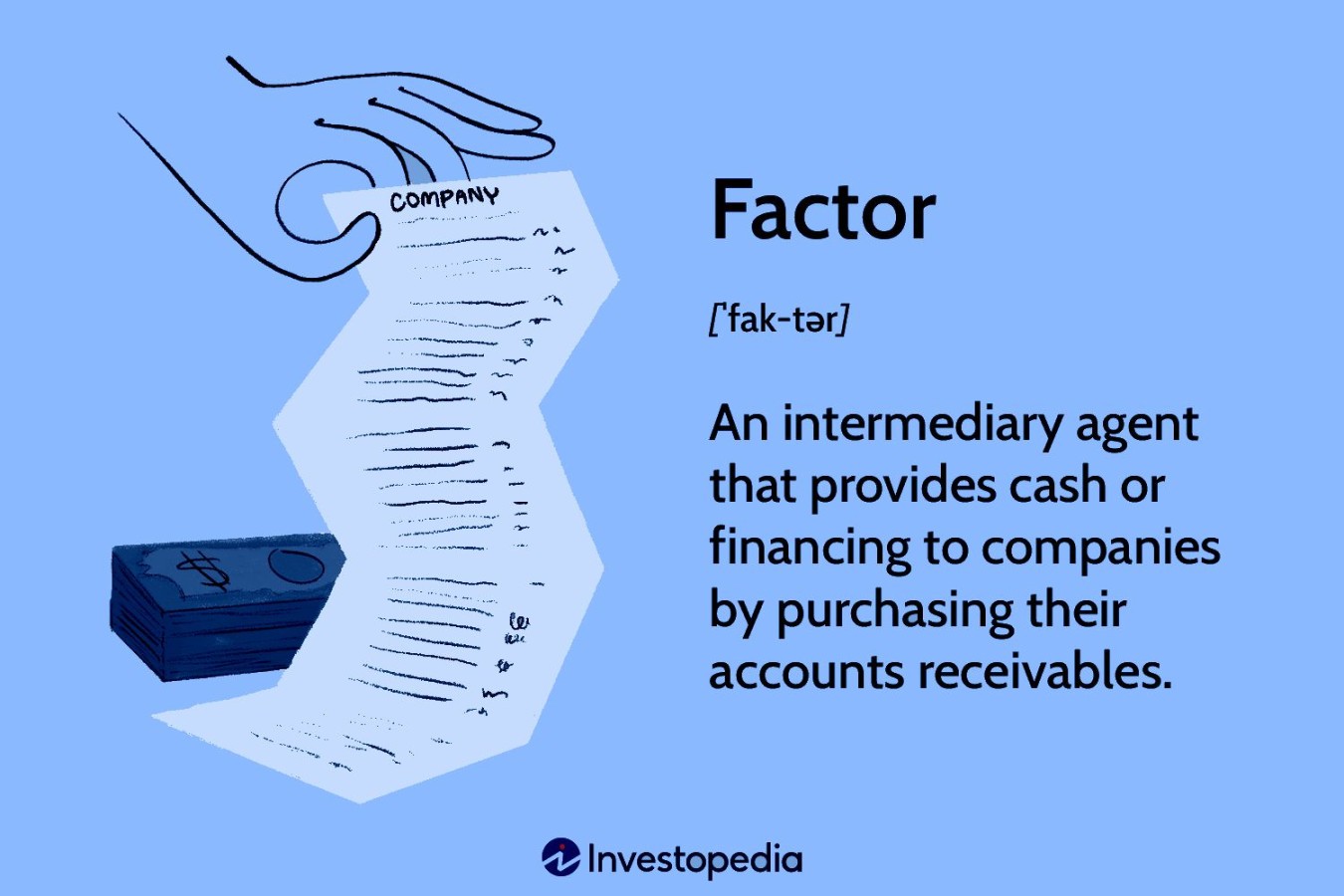Factoring Services: A Comprehensive Guide

What are Factoring Services?
In the realm of business finance, factoring services have emerged as a powerful tool for businesses seeking to enhance their cash flow and optimize financial management. Factoring, also known as invoice financing, involves the sale of a company’s accounts receivable to a third party, known as a factor, at a discounted rate. This transaction enables businesses to access immediate funds, typically within 24-48 hours, without the lengthy wait times associated with traditional invoice collections.
How Factoring Services Work

The process of factoring services is relatively straightforward and efficient. Once a business decides to utilize factoring, it enters into an agreement with a factoring company. Upon generating invoices for goods or services sold, the business submits these invoices to the factor. The factor then evaluates the invoices and approves a certain percentage of their value, typically ranging from 70% to 90%. This approved amount is then advanced to the business as immediate cash, providing a much-needed financial boost.
Benefits of Factoring Services for Businesses
Factoring services offer a multitude of advantages for businesses, particularly those experiencing rapid growth or facing cash flow constraints. Here are some of the key benefits:
1. Improved Cash Flow: Factoring provides immediate access to cash, enabling businesses to meet their financial obligations, such as payroll, inventory purchases, and operating expenses, without delays. This improved cash flow ensures business continuity and facilitates strategic growth opportunities.
2. Enhanced Financial Stability: By converting accounts receivable into immediate cash, factoring reduces the risk of bad debt and improves a company’s overall financial stability. This stability fosters investor confidence and strengthens a business’s creditworthiness.
3. Streamlined Operations: Factoring services often include additional benefits, such as debt collection services, which can significantly streamline a company’s operations. The factor takes over the responsibility of chasing down payments from customers, freeing up the business’s time and resources to focus on core revenue-generating activities.
4. Reduced Credit Risks: Factoring can mitigate credit risks associated with customer defaults. The factor assumes the responsibility for non-payment, protecting the business from potential losses and ensuring a steady stream of incoming cash.
Factoring Services: A Suitable Solution for Various Businesses
Factoring services cater to a wide range of businesses, particularly those operating in industries with extended payment terms or experiencing high customer credit risk. Some of the industries that commonly benefit from factoring include:
1. Manufacturing: Manufacturing companies often face lengthy payment cycles from distributors or retailers. Factoring can bridge this cash flow gap, enabling them to maintain production and meet customer demand without financial strain.
2. Wholesale and Distribution: Wholesalers and distributors typically sell to businesses on credit, extending payment terms that can strain their cash flow. Factoring provides immediate funds to cover expenses and maintain inventory levels.
3. Transportation and Logistics: Transportation and logistics companies often face delayed payments from clients, leading to cash flow challenges. Factoring can ensure timely access to funds for fuel, maintenance, and payroll expenses.
4. Service Providers: Service providers, such as consultants and professional firms, may encounter late payments from clients. Factoring can alleviate these cash flow issues, allowing them to focus on delivering quality services.
Factoring Services: Considerations and Choosing a Factor
While factoring services offer numerous benefits, it’s crucial for businesses to carefully consider their specific needs and financial situation before entering into a factoring agreement. Some factors to consider include:
1. Factoring Fees: Factoring fees vary depending on the factor, the business’s creditworthiness, and the volume of invoices. It’s essential to compare fees from different factors to ensure a cost-effective solution.
2. Invoice Volume and Value: Factoring is most suitable for businesses with a consistent stream of invoices of a certain value. Factors may have minimum invoice volume or value requirements.
3. Customer Creditworthiness: The creditworthiness of a business’s customers plays a significant role in factoring agreements. Factors may assess customer creditworthiness to determine the advance rate and fees.
4. Alternative Financing Options: Businesses should explore alternative financing options, such as traditional bank loans or lines of credit, to compare rates, terms, and conditions before opting for factoring.
5. Reputation and Experience of Factoring Companies: It’s essential to choose a reputable and experienced factoring company that aligns with a business’s specific needs and industry.
Solutions Offered by Factoring Services
Factoring services encompass a range of solutions tailored to address the diverse financial needs of businesses. Some common factoring solutions include:
1. Recourse Factoring: In recourse factoring, the business retains the risk of non-

